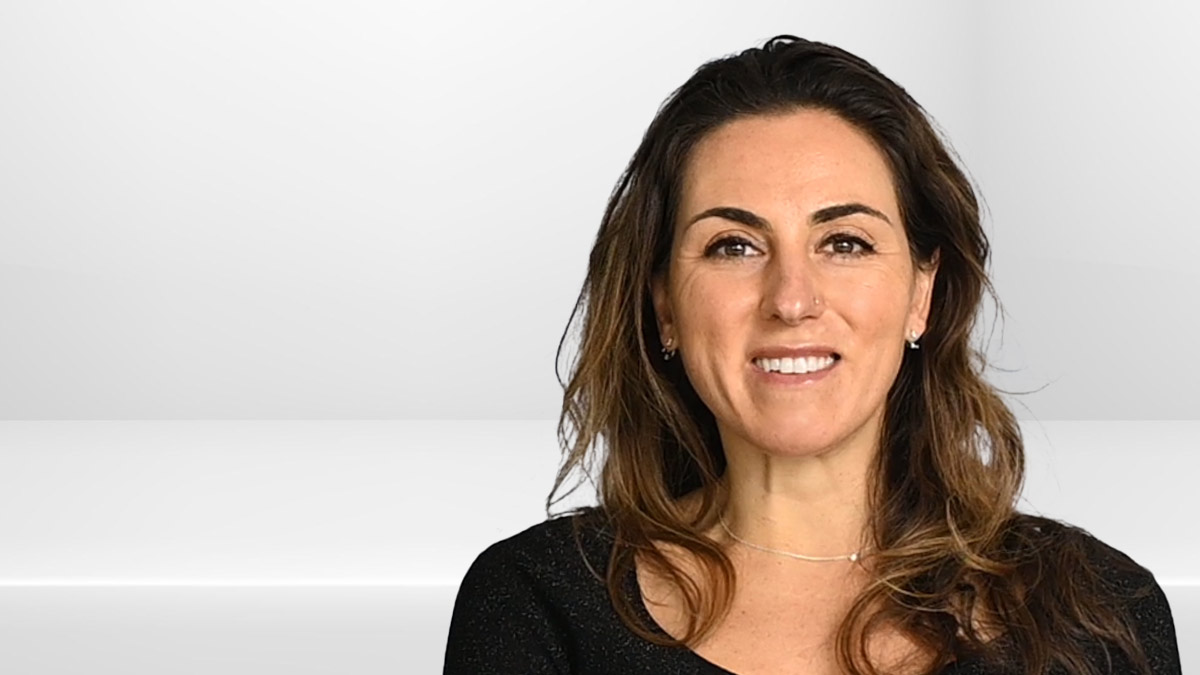Good Today, Bad Tomorrow. How to Know What Foods Are Healthy

Changing the way you eat can be challenging not only because it is a lifestyle change, but the recommendations are always changing too. Julia Zumpano, a registered dietitian in the Department of Preventive Cardiology, explains how to find reliable information and find a solution that is right for you.
Learn more about the Preventive Cardiology Program at Cleveland Clinic.
Subscribe: Apple Podcasts | Buzzsprout | Spotify
Good Today, Bad Tomorrow. How to Know What Foods Are Healthy
Podcast Transcript
Announcer:
Welcome to Love Your Heart, brought to you by Cleveland Clinic's Sydell and Arnold Miller Family Heart, Vascular, and Thoracic Institute. These podcasts will help you learn more about your heart, thoracic, and vascular systems, ways to stay healthy, and information about diseases and treatment options. Enjoy.
Julia Zumpano:
My name is Julia Zumpano. I'm a registered dietician with the Department of Preventive Cardiology at the Cleveland Clinic. Often, patients ask me why nutrition recommendations for heart health are constantly changing. One day eggs are good for you. One day they're bad. One day it's low fat. One day we should do low carb. It can be very confusing for a patient or consumer. So first I suggest that you be sure you're getting your nutrition information from reputable health sources such as the Cleveland Clinic. We have a great amount of resources that are all research-based, clevelandclinic.org. There are several other health organizations that provide clinical-based recommendations towards heart health, such as the American Heart Association, the DASH Diet, the American Diabetes Association. Those are the types of organizations you want to look into for nutrition information.
But the best case would be if you could meet with a dietician or a nutritionist to develop a personalized plan for you and to answer your specific personal questions. The dietician can give you resources and research and the reasoning behind the changing recommendations. The reasons recommendations change around diet is because we are constantly trying to do research and find out, which is the best way to improve your heart health? For instance, a low fat diet for years was suggested for heart health. We have recently found through research that a Mediterranean diet can be very cardioprotective despite the fact that a Mediterranean diet can have up to 35% of calories from fat. But these are good fats. So that's something we've also learned is the importance between good fats and bad fats.
Another changing recommendation is regarding cholesterol in foods and eggs. So, overall, for years, cholesterol was restricted in the diet and we have found through research again that dietary cholesterol does not necessarily lead to high levels of blood cholesterol. Instead, we found saturated fat and trans fats in processed foods really lead to elevated levels of bad cholesterol. Therefore, you can safely consume some foods that are high in cholesterol in moderation, such as egg yolks, small amounts of butter, and some meats. But keeping those foods in moderation is key because they do contain saturated fat as well as cholesterol. Hopefully, this has helped lift some confusion around nutrition information. Thank you and have a great day.
Announcer:
Thank you for listening. We hope you enjoyed the podcast. We welcome your comments and feedback. Please contact us at heart@ccf.org. Like what you heard? Subscribe wherever you get your podcasts or listen at clevelandclinic.org/loveyourheartpodcast.

Love Your Heart
A Cleveland Clinic podcast to help you learn more about heart and vascular disease and conditions affecting your chest. We explore prevention, diagnostic tests, medical and surgical treatments, new innovations and more.


